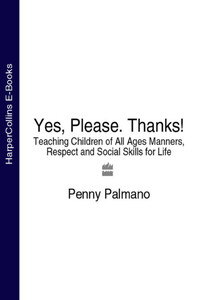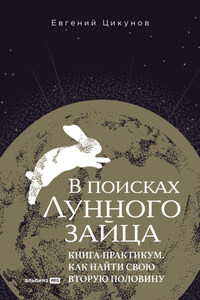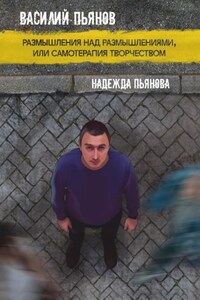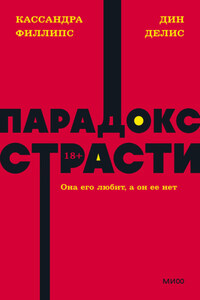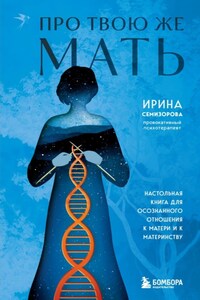Yes, Please. Whatever!: How to get the best out of your teenagers
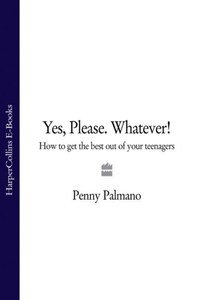
Following the success of her first book, Yes, Please. Thanks! Mum and author Penny Palmano, This Morning’s Mrs. Manners, is back with this comprehensive guide to raising teenagers.After her fair share of parenting, Penny Palmano decided to tackle what she saw as an epidemic of bad manners, and wrote a guidebook on teaching good manners to children. The book, Yes, Please. Thanks!, touched a nerve and has become a bestselling sensation.Yes, Please. Whatever! takes you, the parents, to the next stage and teaches you how to avoid the pitfalls of teenagers and all the problems specific to that age group from hormonal fluctuations and untidiness to dating. Penny shows you how to build mutual respect with your teenagers, the foundation stone for good behaviour and a good relationship.The book also includes first hand advice on teaching your teenager how to deal with siblings, relationships, exams, stress, food, money, part-time jobs, drinking, paying compliments, how to behave in public and with friends and even advice on how to teach them to pour wine. The result is that your teenager will be totally prepared in all life and social skills when they finally leave home.
